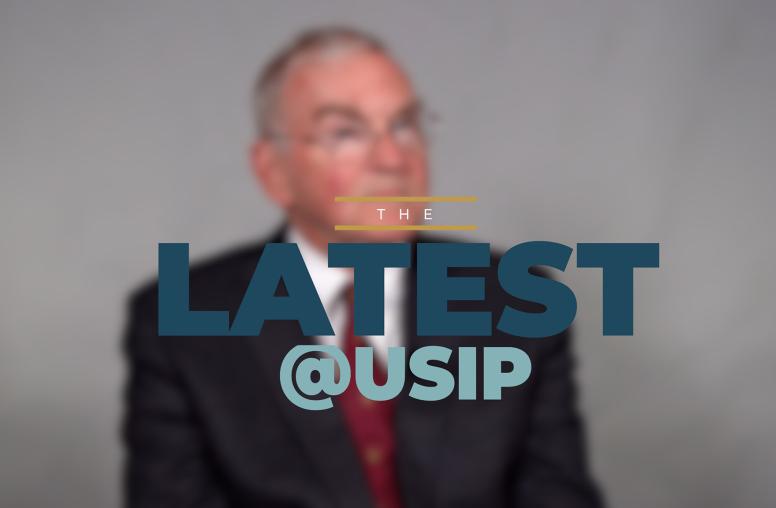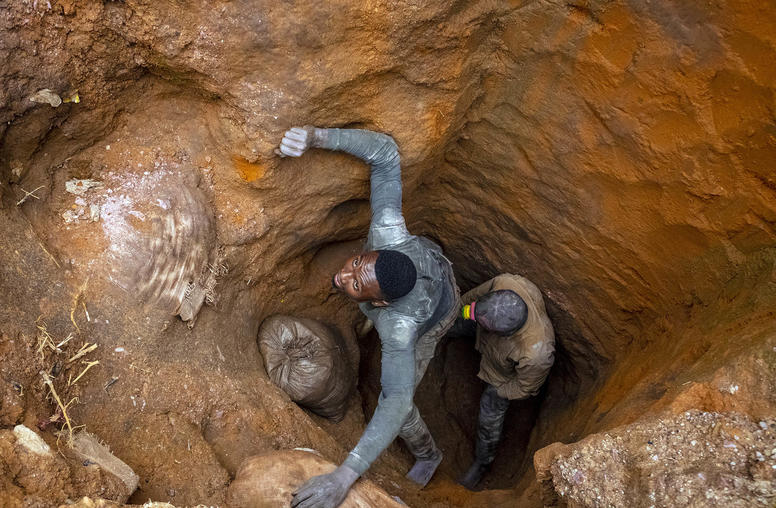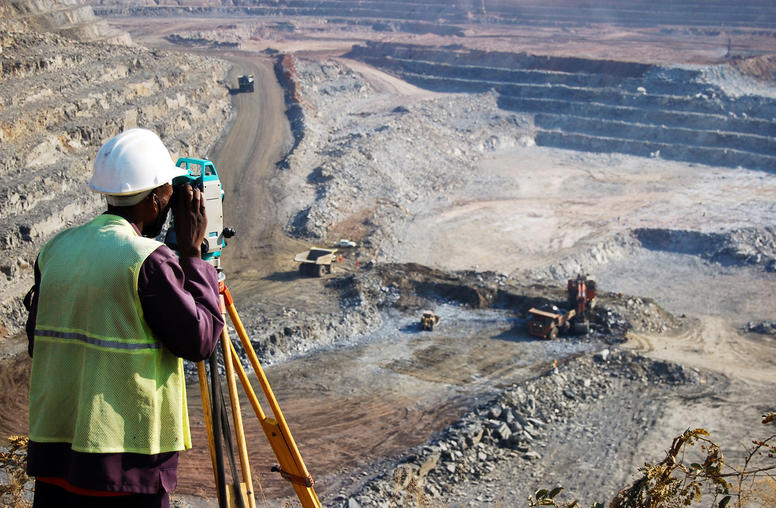Promoting Business and Peace in Conflict-Affected Countries
Viable economic progress in nations and communities help promote peace by raising living standards, promoting investment and creating a constituency for improved political and economic governance. Business development is a crucial, but often overlooked, component of peacebuilding in most conflict-affected countries. Many domestic and international stakeholders have yet to make the transition from humanitarianism to effectively supporting the development of private enterprise. This workshop will examine theoretical frameworks, empirical work and recent experience in this emerging field. The workshop will:
- Identify main obstacles to business development in conflict-affected countries;
- Examine current developments in the "peace through commerce" debate;
- Analyze entry points for effective engagement at various levels (e.g. micro, small and medium enterprises, large scale infrastructure, multinational);
- Review key elements of an enabling environment for viable business development in conflict-affected countries (including regulatory frameworks, institutional arrangements, infrastructure, human capacity and economic policy); and
- Evaluate lessons from case studies (including in Iraq, Afghanistan, Africa and Central Europe).
Archived Audio
To listen to audio or to view video, please click on the links provided below. You also can right click on the links and choose "Save Target As" or "Download Linked File." This will save the file to your computer and then allow you to play it in your media player directly. More Audio Help.
- Listen to the audio from this event.
02:24:46 - 27.8MB
Speakers
Panelists
- Dr. Virginia Haufler
Associate Professor, Department of Government and Politics, University of Maryland - Dr. Steven Heydemann
Vice President, U.S. Institute of Peace (author of article on "Institutions and Economic Performance) - Michael Vogel
Entrepreneur in Residence, Gigot Center for Entrepreneurial Studies, Mendoza College of Business, University of Notre Dame
Case Studies
- Ken Smarzik
Managing Director, Emerging Markets Group, Ltd. - Dr. Kim Bettcher
Knowledge Management Officer, Center for International Private Enterprise - Robert Love
Director, Department of Defense Business Transformation Agency
Moderators
- Dr.Timothy Fort
Executive Director, Institute for Corporate Responsibility, George Washington University School of Business (author of "Business, Integrity and Peace") - Dr. Raymond Gilpin
Director, Center for Economies and Conflict, U.S. Institute of Peace



